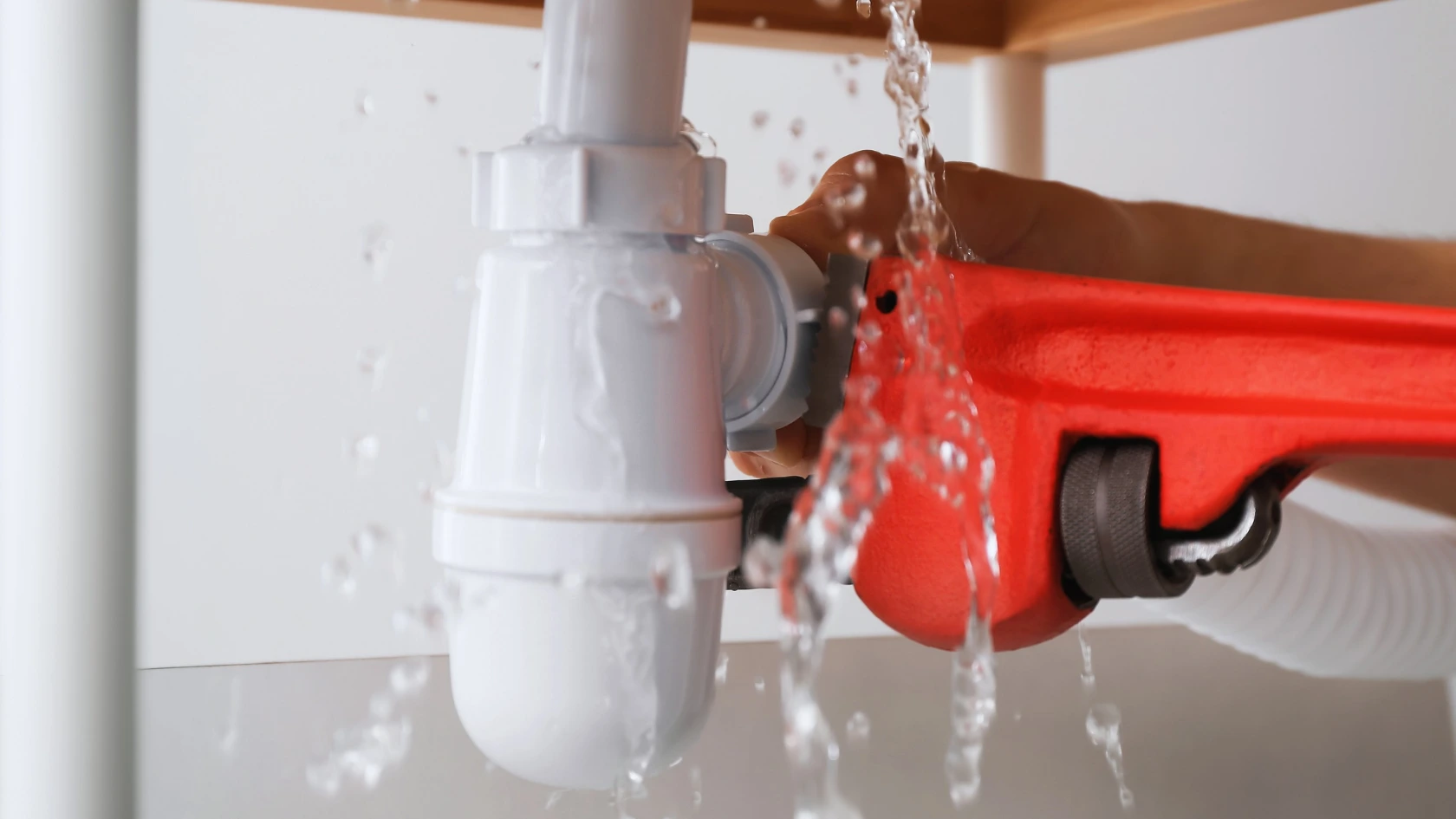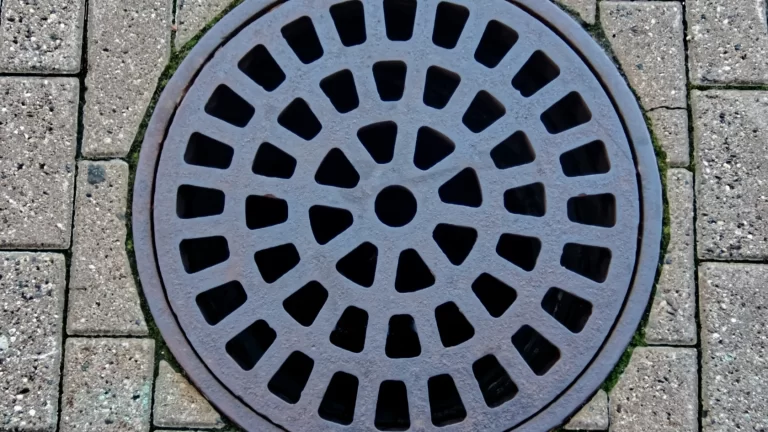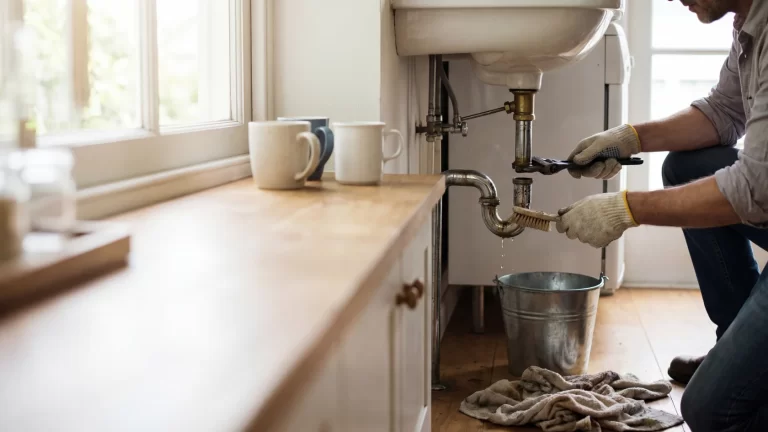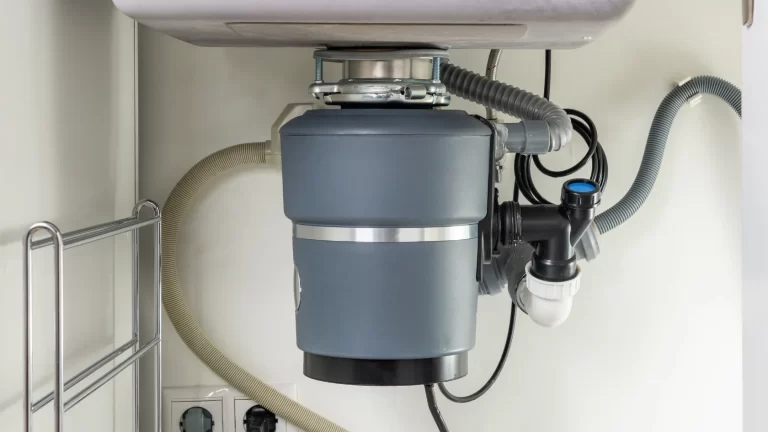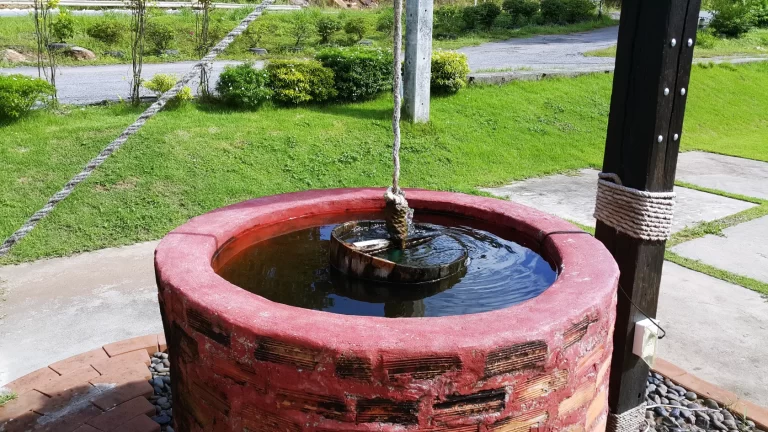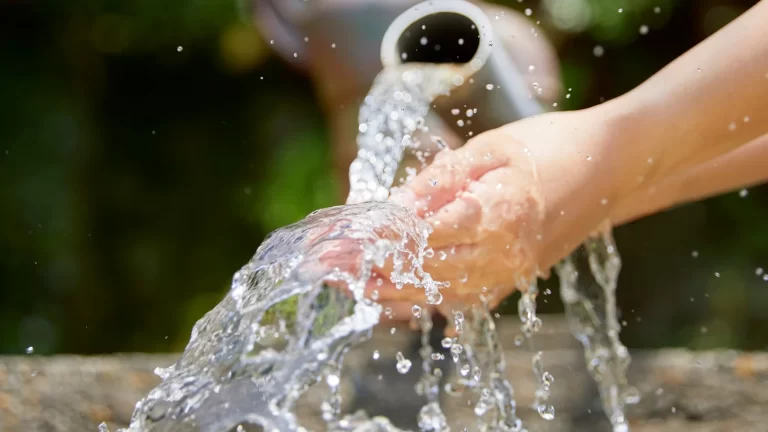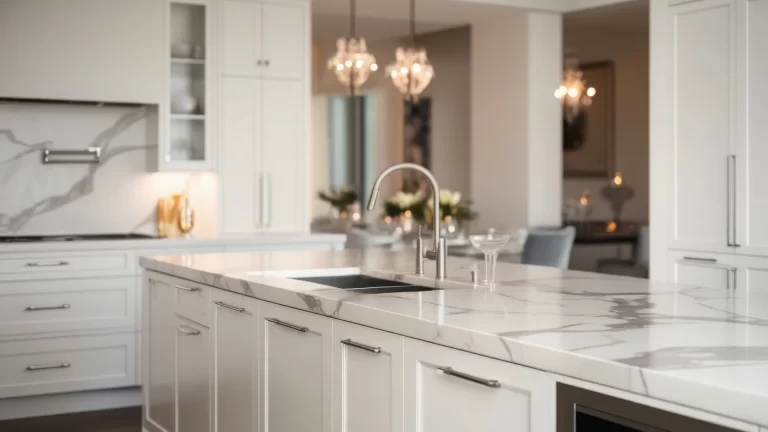Imagine stepping into your basement only to find standing water pooling around your furnace and boxes of family keepsakes. A single hidden leak can cause thousands of dollars in damage long before you even realize it’s there. Plumbing leaks are one of the most common and costly issues homeowners face, but the good news is that many can be prevented with the right knowledge and maintenance.
Plumbing leaks aren’t just about a dripping faucet or a little water escaping around a fixture. If left unchecked, they can result in excessive water bills, mould growth, water damage, and even structural issues if the leak is concealed beneath a concrete slab or behind walls. You can save money, stress, and significant house damage by being aware of how leaks happen, the typical symptoms to watch out for, and the preventative measures to take.
In this blog, we’ll cover everything you need to know about preventing plumbing leaks. We’ll look at the most common plumbing leaks, how to detect leaks early, practical ways to maintain your plumbing system, and when to call a plumber before a small issue turns into a plumbing emergency. Whether you suspect a leak right now or just want peace of mind, this guide will give you the tools to keep your home safe and dry.
Contact us today through our form or call +1 (416) 252-5557 for expert plumbing, drain, and related services in Toronto, Etobicoke, Mississauga, and across the GTA.
Why Plumbing Leaks Are a Serious Problem

A small leak may not seem like a big deal at first, but leaks can occur in places you can’t easily see. Water escaping behind walls, under flooring, or within a slab foundation can cause extensive damage before you notice it. Here’s why plumbing leaks deserve your attention:
- Water damage: Leaks soak drywall, wood framing, and flooring. Over time, this weakens structural materials and can create major repair costs.
- Mould and mildew: Standing water and hidden leaks inside walls create the perfect environment for mould growth, which is harmful to your health.
- High water bills: Even a slow drip can waste litres of water every day, adding up to a surprising increase in your monthly water bill.
- Plumbing emergencies: A leaky pipe may suddenly burst, flooding your home. Preventing leaks early avoids plumbing emergencies that require costly, urgent repairs.
Common Plumbing Leaks in Canadian Homes

Not all plumbing leaks are the same. Some, like a dripping faucet, are readily apparent, while others, like a slab leak beneath your foundation, are not. Homeowners should be aware of the following most frequent plumbing leaks:
1. Faucet and Fixture Leaks
One of the most obvious kinds of leaks is a leaking faucet. Usually, a worn washer, gasket, or valve inside the fixture is to blame. While a drip may not seem urgent, over time it wastes a lot of water and puts extra strain on your plumbing system.
Signs of trouble:
- Constant drip from the spout
- Water pooling around the faucet base
- Loose handles or fixtures
2. Toilet Leaks
Toilet leaks are common and can be hard to spot until your water bill spikes. They often occur when the flapper in the toilet tank wears out, allowing water to leak into the bowl.
To test, put a few food colouring drops in the toilet tank. Your toilet is leaking if the colour shows up in the bowl after 10 to 15 minutes without flushing.
3. Under-Sink Leaks
Leaks around fittings, valves, or drainpipes under your sink can damage cabinets and flooring. These leaks often go unnoticed until water damage appears.
Check for:
- Dampness or puddles under the sink
- Swollen wood or laminate inside cabinets
- Musty odours
4. Slab Leaks
A slab leak happens when a pipe under your concrete foundation starts leaking. These are some of the most serious leaks because they are hidden and can cause major structural damage.
Signs include:
- Warm spots on flooring
- Sound of running water when fixtures are off
- Sudden high water bill
5. Tub and Shower Leaks
Leaks around tubs, showers, or tiles often start small but lead to hidden water damage behind walls or under floors.
Warning signs:
- Loose or missing grout/caulking
- Stains on ceilings below bathrooms
- Peeling paint near tub or shower
6. Supply Line and Shutoff Valve Leaks
Water supply lines and shutoff valves under sinks, behind toilets, or connected to appliances can develop leaks over time.
Indicators:
- Drips from fittings
- Rust or corrosion on pipes
- Moisture around shutoff valves
7. Sewer Line Leaks
While less common inside your home, sewer leaks can occur in underground pipes. They often cause unpleasant odours and drainage issues.
Signs include:
- Foul smell around drains or yard
- Slow drains throughout the house
- Wet spots in the yard
How to Detect Plumbing Leaks Early

Catching a leak early is the best way to prevent extensive damage. Here are practical methods for water leak detection:
Check Your Water Meter
- Turn off all faucets and appliances that use water.
- Take note of the water meter’s reading after checking it.
- Wait two hours without using any water.
- If the reading changes, you likely have a hidden leak.
Listen for Leaks
- Put your ear near walls or floors where pipes run. The sound of water escaping when no fixtures are running is a red flag.
- Running toilets or a faint hiss near fittings may indicate a leak.
Look for Hidden Signs
- Water stains on walls or ceilings
- Warped flooring
- Peeling paint or bubbling drywall
- Standing water or damp spots
Use Simple Tests
- Toilet leak test: Add food colouring in the toilet tank.
- Sink and tub test: Fill the basin or tub, let the water drain, then check underneath for drips.
- Shower test: Run water and check grout, caulk, and nearby flooring.
Professional Leak Detection
If you can’t find leaks but suspect one, call a plumber. Professionals use advanced leak detection methods like thermal imaging, moisture meters, and acoustic detection to pinpoint hidden leaks inside walls or under slabs.
Contact us today through our form or call +1 (416) 252-5557 for expert plumbing, drain, and related services in Toronto, Etobicoke, Mississauga, and across the GTA.
How to Prevent Plumbing Leaks Before They Start

Preventing leaks in the first place is the best method to handle them. Here are proactive steps homeowners can take:
Maintain Your Plumbing Fixtures
- Replace worn washers, gaskets, and flappers.
- Re-caulk sinks, tubs, and showers as needed.
- Tighten loose faucet bases or fittings.
Inspect and Replace Old Pipes
Different types of pipes have different lifespans. For example:
- Copper: 50+ years
- PVC: 25–40 years
- Galvanized steel: 20–50 years
If your home has older plumbing, consider having a plumber inspect for corrosion, rust, or leaky pipes.
Protect Your Shutoff Valves
- Operate shutoff valves (under sinks, toilets, and the main water shutoff) once or twice a year to keep them working.
- Replace faulty valves before they fail.
Monitor Your Water Pressure
High water pressure strains pipes and fixtures. Install a pressure regulator if needed to keep pressure between 40–60 psi.
Insulate Exposed Pipes
One of the main causes of leaks in colder areas is frozen pipes. Insulate pipes in places that aren’t heated, such as garages, crawl spaces, and basements.
Install Leak Detection Devices
Smart water leak detectors can alert you when water is escaping. Some even shut off your main water supply automatically to prevent extensive damage.
Quick Fixes for Small Leaks
If you find a minor leak, temporary repairs can help until a plumber arrives:
- Plumber’s putty or epoxy putty: Good for sealing small drips around fittings or cracks in pipes.
- Pipe clamps or repair tape: Can hold back water temporarily on a leaking pipe.
- Tightening fittings: Sometimes, a simple tightening of a nut or gasket stops the leak.
These are temporary measures only. Always call a professional plumber to repair the leak properly.
When to Call a Plumber
Not every leak can or should be handled on your own. Call a plumber if:
- You suspect a slab leak or hidden leak inside walls.
- You notice water damage but can’t find the source.
- Your toilet is leaking constantly despite flapper replacement.
- Multiple fixtures are leaking at the same time.
- A leaking pipe has burst or is flooding your home.
Professional plumbers have the tools, experience, and knowledge to perform leak detection and repair before the problem leads to major damage.
How Absolute Draining & Plumbing Can Help

At Absolute Draining & Plumbing, we’ve helped Toronto homeowners prevent and repair plumbing leaks for over 20 years. Our licensed plumbers are equipped with advanced leak detection methods to find hidden leaks early, whether they’re behind walls, inside the pipe, or under a concrete slab.
We provide flat-rate pricing, a 25-year warranty on drain repair, and 24/7 emergency services to protect your home from plumbing emergencies. From splash leaks around the inside of your shower to detecting a leak in a wall behind your drywall, we know the best way to find and fix common leaks and water leaks in your home before they escalate.
Whether it’s leakage in your residential space or business plumbing concerns, we work closely with homeowners, property managers, and even your local water company to deliver lasting solutions.
Stay Ahead of Leaks for Peace of Mind
Plumbing leaks can occur anywhere in your home—from faucets and toilets to pipes hidden behind walls or under your foundation. The key is early detection and prevention. By inspecting your plumbing fixtures, checking for leaks regularly, and calling a plumber when you suspect hidden water, you can prevent extensive damage, high water bills, and major repair costs.
Don’t wait for a plumbing emergency to act. Maintain your plumbing system, look for leaks early, and contact a reputable Toronto plumber like Absolute Draining & Plumbing for assistance when you need it. You can save money, keep your house safe, and feel secure knowing that your plumbing is well taken care of.
Contact us today through our form or call +1 (416) 252-5557 for expert plumbing, drain, and related services in Toronto, Etobicoke, Mississauga, and across the GTA.

